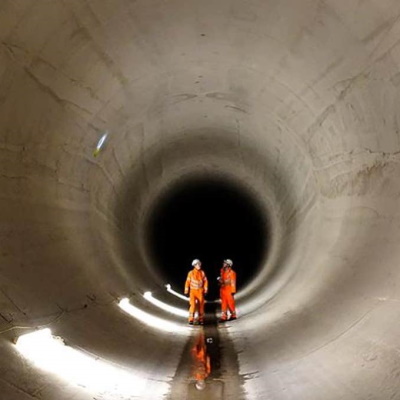News
Regulations could soon be changed to allow operators access to the millions of kilometres of underground utility networks
Digital Infrastructure Minister Matt Warman is pushing for regulations to be changed, thereby making it easier for telcos to share their own broadand infrastructure, as well as incorporating passive utilities infrastructure around the country, like gas, water, and sewerage networks.
The specific legislature which is up for review is the Access to Infrastructure (ATI) Regulations 2016, which legislates the sharing of information about physical infrastructure between the utility, transport and communications sectors. If revised, these regulations could make it easier for telcos to capitalise not only encourage infrastructure sharing between operators, but also potentially entice them to make better use of the country’s existing underground networks.
“We’ve seen progress with improved access to Openreach’s ducts and poles, but other telecoms companies have large networks that are not easily accessible. We want them, and utility companies, to do more to open these up and help speed up getting next-generation broadband to people across the UK,” said Warman.
Using existing underground infrastructure to support fibre rollout is not a new idea. Fibre deployments using these channels provides many advantages; with these tunnel networks already in place in densely populated areas, fibre deployment can be done far less intrusively, with smart fibre potentially offering a number of benefits in helping to monitor the infrastructure itself (by registering tunnel collapse, sewerage blockages, etc).
However, these networks also come with their own challenges. Many of these networks are incredibly old and are not suitable to support fibre, meaning previous projects of this nature has met with mixed results.
This push for regulatory change comes at a time when the UK is pushing hard to reach the government’s targets for national broadband coverage by 2025. The coronavirus outbreak has caused disruption across much of the telecoms industry, but fibre deployment in most areas of the country has not been heavily affected, with companies still surging ahead with their rollouts. Just last week, CityFibre, for example, promised to create 10,000 new jobs as a result of its fibre deployment plans
Is the UK on track hit its fibre broadband targets? Find out at this year’s Connected Britain?
Also in the news:

















